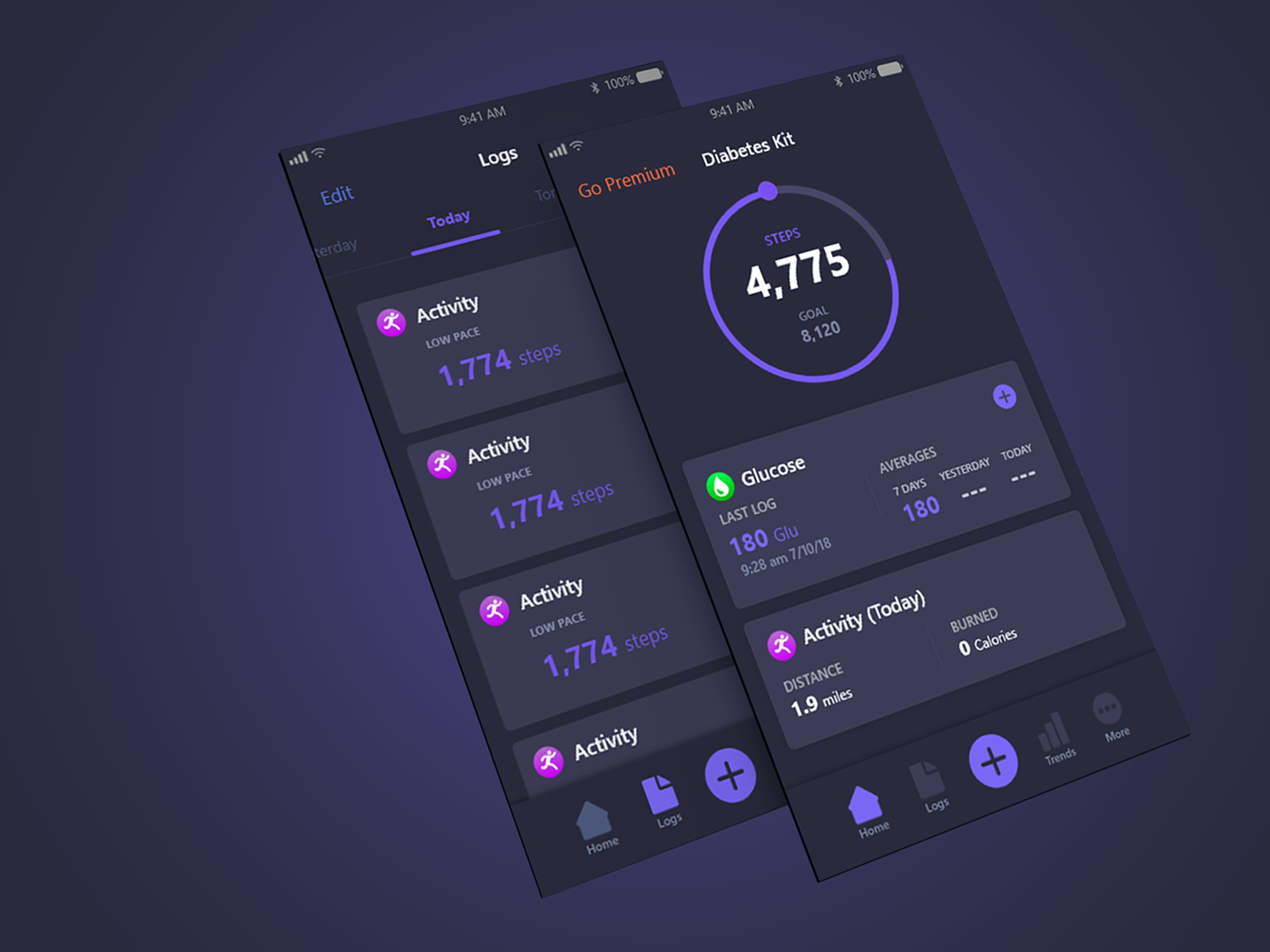

However, self-management education and support may be underutilized in diabetes care 3, thus applications supporting people to better self-manage their diabetes may be useful. Accordingly, diabetes self-management education and support are key elements for the successful self-management of the condition 5. A best possible performance of diabetes self-management task, as recommended by the American Association of Diabetes Educators 3, is decisive for the course of diabetes including lower risks of acute and long-term complications, significantly lower morbidity and mortality and higher mental well-being and quality of life 4. Diabetes care requires the performance of multiple essential self-management tasks by affected individuals. In Europe, about 60 million people are diagnosed with diabetes, and the prevalence and incidence rates are rising 1, 2. Furthermore, the interaction of physical and behavioral health should be improved in existing diabetes self-management mobile health applications. Persuasive system design features are underrepresented and may form a promising tool to improve app quality. Most available diabetes self-management apps lack a scientific evidence base. The reviewed apps implemented a median of three persuasive system design principles (range 0–15) and targeted a median of 4.5 (range 1–8) self-management tasks, however, with a lack of information about psychosocial coping strategies. Scientific evidence is available for 8% of the apps.

A total of 2,269 mobile health applications were identified and 120 could be included in the evaluation. Two raters independently assessed app quality using the Mobile Application Rating Scale and conducted a content analysis of provided persuasive system design principles and self-management tasks. The European Play Store and Apple App Store were systematically searched and relevant apps were tested. This study evaluates diabetes self-management mobile health applications available from European app stores with respect to quality, concordance with recommended self-management tasks and implementation of persuasive system design principles.


 0 kommentar(er)
0 kommentar(er)
